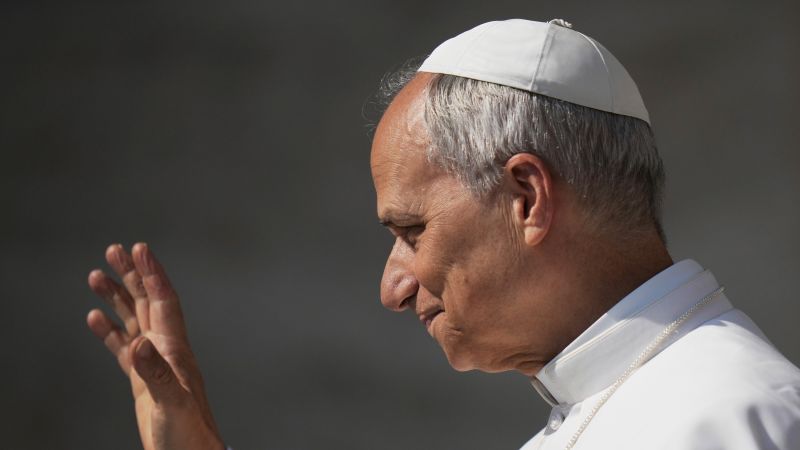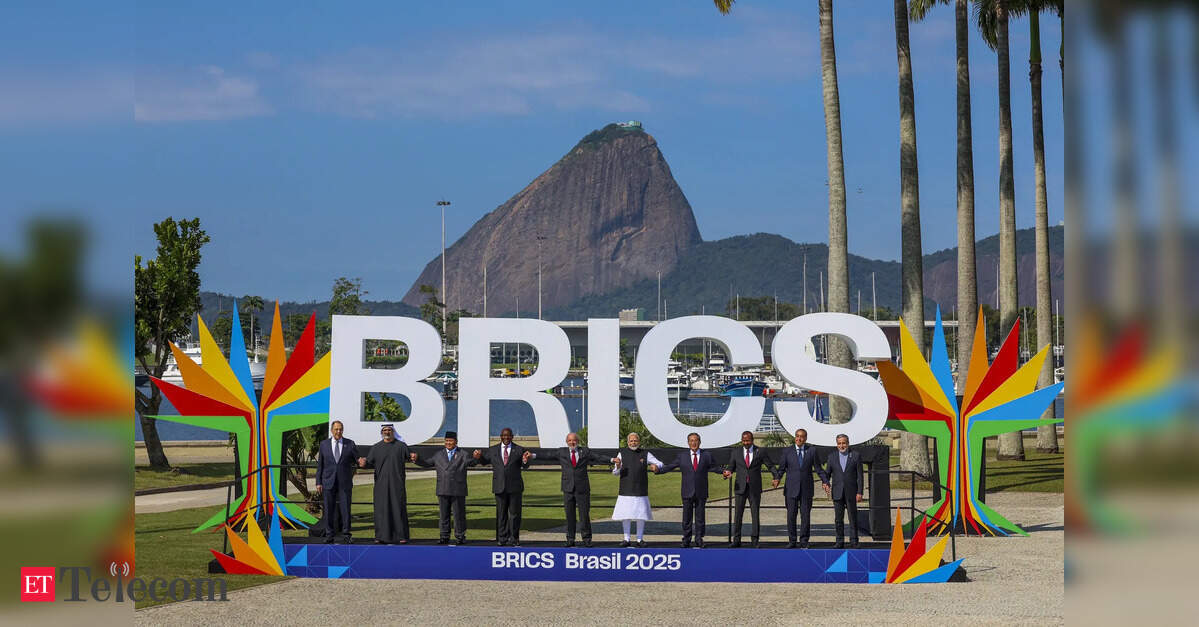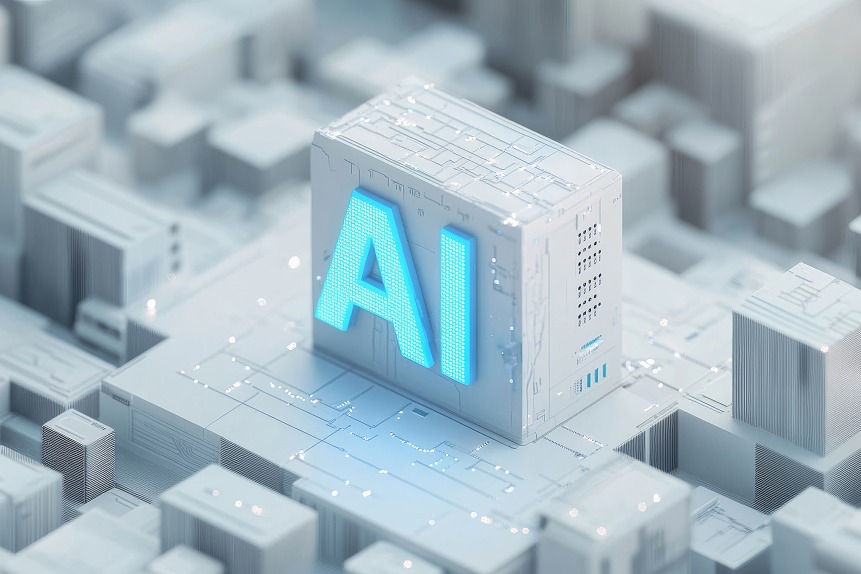Pope Leo Advocates for Ethical AI Framework to Tech Leaders

Pope Leo XIV has issued a strong call for technology companies developing artificial intelligence to adhere to an "ethical criterion" that profoundly respects human dignity. In a message delivered to a recent gathering on AI, attended by Vatican officials and prominent Silicon Valley executives, the pontiff emphasized that AI must consider the "well-being of the human person not only materially, but also intellectually and spiritually." He cautioned against confusing extensive access to data with genuine intelligence and voiced significant concern regarding AI's potential impact on children's intellectual and neurological development, asserting that society's well-being hinges on fostering their inherent gifts.
This pivotal statement by Pope Leo XIV emerged during the second annual Rome Conference on AI, a two-day event held in Rome to deliberate the societal and ethical ramifications of artificial intelligence. The conference brought together representatives from leading AI companies, including Google, OpenAI, Anthropic, IBM, Meta, and Palantir, alongside academics from Harvard and Stanford, and delegates from the Holy See. The timing of the conference is particularly significant, as AI stands at a critical juncture, promising advancements in productivity, research, and disease eradication, yet simultaneously posing threats such as job displacement, the proliferation of misinformation, exacerbation of the climate crisis, and the development of more potent weapons and surveillance tools.
The Vatican, despite lacking direct regulatory power, has increasingly become a vocal proponent for ethical AI policy, leveraging its influence to advocate for responsible technological development. This engagement dates back to 2020, when the Vatican, under the late Pope Francis, hosted an event that led to the creation of the Rome Call for AI Ethics. This foundational document, outlining human-centric ethical considerations for AI algorithms, saw signatories like IBM, Microsoft, and Qualcomm agree to its principles. Pope Francis further pressed for an international treaty to regulate AI in 2022, citing concerns about "technological dictatorship," AI weapons, surveillance, election interference, and rising inequality. In 2024, he made history by becoming the first pope to participate in the G7 summit, where he articulated an ethical framework for AI development, seeking broad alignment from tech companies and governments.
Upon his ascent to the papacy last month, Pope Leo XIV signaled a continuation of his predecessor's emphasis on church reform and addressing AI as a paramount challenge for working individuals and human dignity. His choice of regnal name, Leo XIV, intentionally echoes Pope Leo XIII, who guided the church during the Industrial Revolution and issued a landmark teaching document advocating for workers' rights. Drawing a parallel between the current AI revolution and the 19th-century industrial transformation, Pope Leo XIV suggested that the church's social teaching—a comprehensive framework for engaging with politics and business—should be applied to contemporary technological advancements. He articulated this in a May address, stating, "In our own day, the church offers to everyone the treasury of her social teaching in response to another industrial revolution and to developments in the field of artificial intelligence that pose new challenges for the defense of human dignity, justice and labor."
The recent event at the Vatican's apostolic palace included a roundtable discussion on AI ethics and governance, with key Vatican figures such as Archbishop Vincenzo Paglia and Archbishop Edgar Peña Parra participating. Pope Leo XIV had also referenced AI earlier in the week during a speech to Italian bishops, highlighting "challenges" that "call into question" respect for human dignity. He warned that in the rapidly transforming landscape of artificial intelligence, biotechnologies, data economy, and social media, "human dignity risks becoming diminished or forgotten, substituted by functions, automatism, simulations. But the person is not a system of algorithms: he or she is a creature, relationship, mystery." A central discussion point at the conference revolved around AI governance, specifically how companies developing AI can balance their profit-generation imperatives and responsibilities to shareholders with the crucial obligation to prevent harm in the world. This conversation is made even more urgent by ongoing debates, such as President Donald Trump's proposed agenda bill which could potentially restrict the enforcement of existing limited AI regulations in the United States. In his closing statement, Pope Leo XIV urged tech leaders to acknowledge and respect the "uniquely characteristic of the human person" as they strive to forge an ethical framework for AI development.







_1751880097.jpeg)



